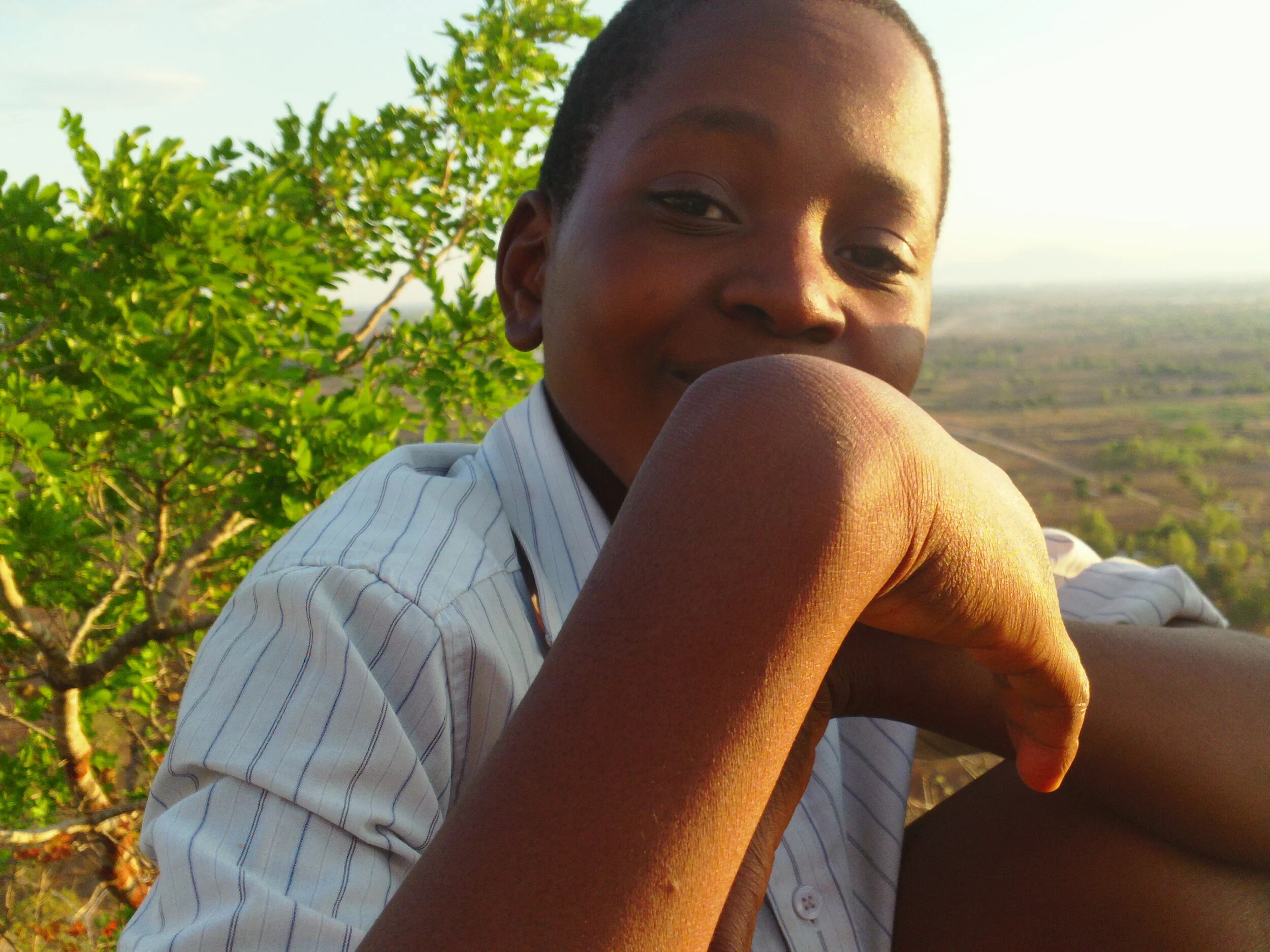college admissions scandal
A view of Chikweo from Ngusa Hill.
This is one of the many hurdles would-be African college students have to clear: They come from an education system that doesn’t accurately reflect their abilities.
On the other end of the spectrum, wealthy American parents can buy grades, standardized test scores, and admission to elite universities. The most recent example comes from 2019, when 50 rich families were charged with using their money to cheat the system. Want to go to UCLA? Get in touch with soccer coach Jorge Salcedo. For $200,000, he’ll help two kids get in. The University of Southern California is pricier: $500,000 for two girls who’ve never rowed before to be accepted on the rowing team.
The ringleader of all this was William Singer, a college admissions consultant — hey, kinda like me! He and the parents agreed on a price, and then he bribed test administrators and proctors to tweak students’ SAT scores. Another of his tactics: working with a shady psychologist to falsify medical documents claiming students had disabilities so they could have more time to take the SAT. (Meanwhile, kids from the village who’ve never even seen a Scantron test get no additional time or assistance.)
But now that he’s out of the picture, the college admission process is fully transparent and scrupulous, right? Of course not. He’s just the guy who got caught.
Wanna know what frustrates me most about all this? This whole thing went down the same year that I helped Friday apply to American universities. Some of the same schools and everything. My student’s honest efforts considered alongside all the lies and fraud and privilege. Like a minnow swimming among sharks.




